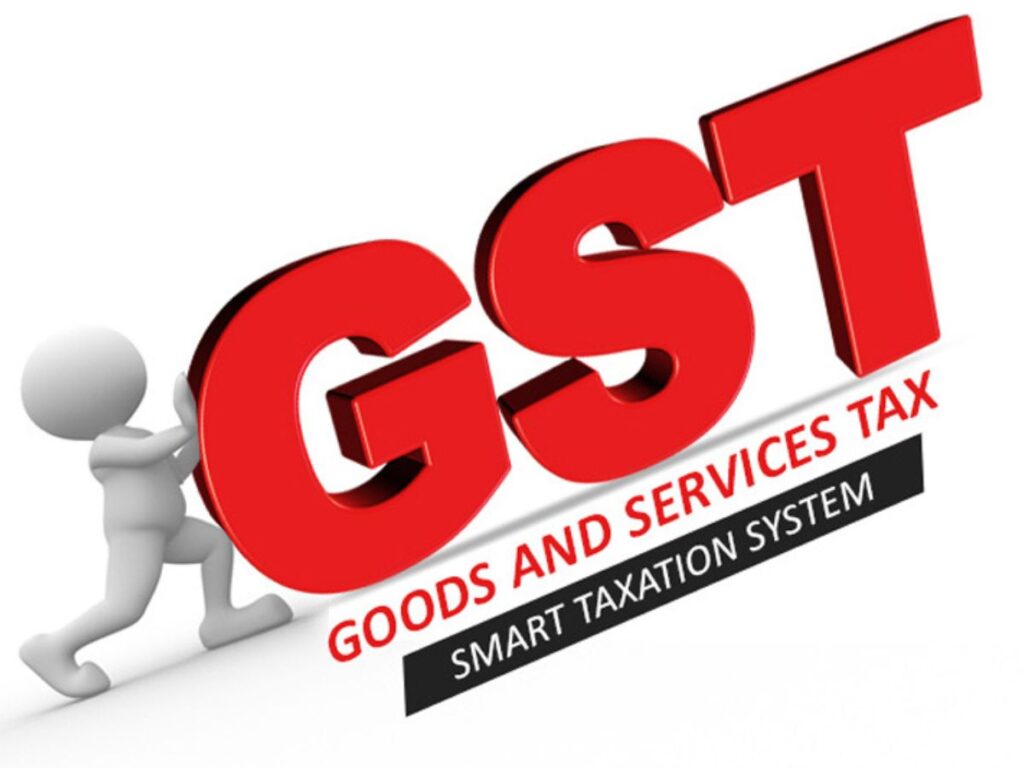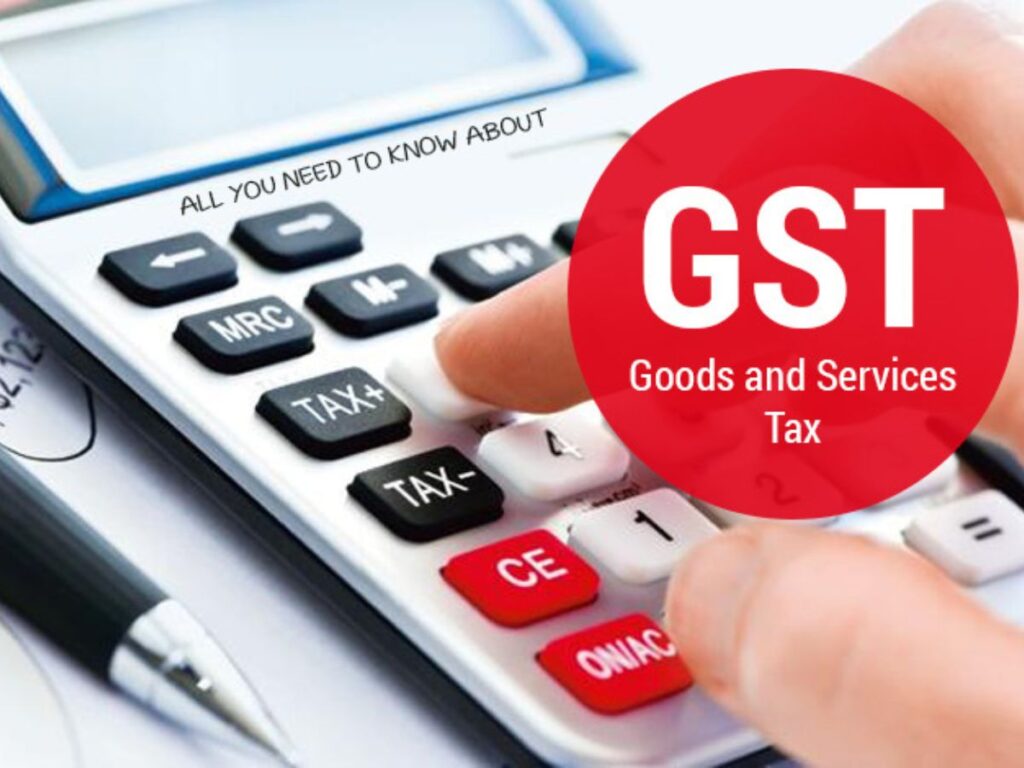
Goods and Service Tax (GST) Requirements, Importance, Benefits, and Losses of GST. GST has replaced various old acts like VAT, Service Tax, etc.
Limit of Turnover for GSTN GST has prescribed a limit of Rs 20 Lakhs Turnover in the case of service providers and Rs 40 Lakhs in the case of goods traded. By crossing this amount, an assesses is mandatorily required to register for GSTN.
Data Integration GSTN is issued on a PAN card. The GST department is under the central government, and its data is integrated with PAN-related compliance. Decades back, various corrupt people used to fill wrong information in VAT, Service Tax, and Income Tax. At that time, data integration was not as seamless. As PAN Card and Aadhaar card are linked with each other, data integration is now possible.
How GST is Useful to a Businessman
Costing: First of all, businessmen can reduce their costing of goods/services by registering their business with the GST Department. A question might arise: how will a businessman be beneficial?
Almost all goods and services are covered under the purview of GST. So, whatever material/services or any office/admin/manufacturing-related expenses are made by businessmen, they are covered under GST. Businessmen have to pay GST liability on their purchases. Accordingly, their costing increases if the business is not registered in GST.
On the other side, if the business is covered under GST, then businessmen can take credit for the GST liability paid on the above-mentioned expenses, and it can be set off against the GST liability of Sales.

E-way Bill: Whenever goods valued more than Rs 50,000 are transferred from one state to another, the seller must generate an e-way bill. Vehicles carrying these valued items are checked at toll tax points, or a surprise checking by a GST officer may also happen. At that time, easy and hassle-free movement of goods is possible if the business is registered in GST.
Financing Purposes: When a business is registered in GST, its data can be relied upon by financial institutes like Banks, NBFCs, etc., to provide loans and mortgages. Funds are the backbone of any business, and especially without adequate funding, any business cannot flourish.
Growth: Businessmen who want to grow will emphasize purchasing business material and business-related services from sellers who are also registered in GST. It gives them satisfaction that the seller is also registered in GST and will comply with all rules and regulations of the GST Act and Income Tax Act. Ultimately, by the act of the seller, the buyer will not be in any trouble.
GST Compliance: Generally, there are two types of GST registration: normal and composite. Monthly and quarterly returns can be filed based on rules defined in the GST Act.
GSTR-1 GSTR-1 return is filed in GST to provide credit to the buyer. In this return, full details of sale transactions like Bill no., Date, buyer and seller along with GSTN, Material related HSN, SAC, and Tax rate are included.
GSTR-3B GSTR-3B is filed, showing total Sales figures and GST liability against it, and Total Purchase and its liability. Either GST liability needs to be paid, or excess GST credit is accumulated as ITC credit.
